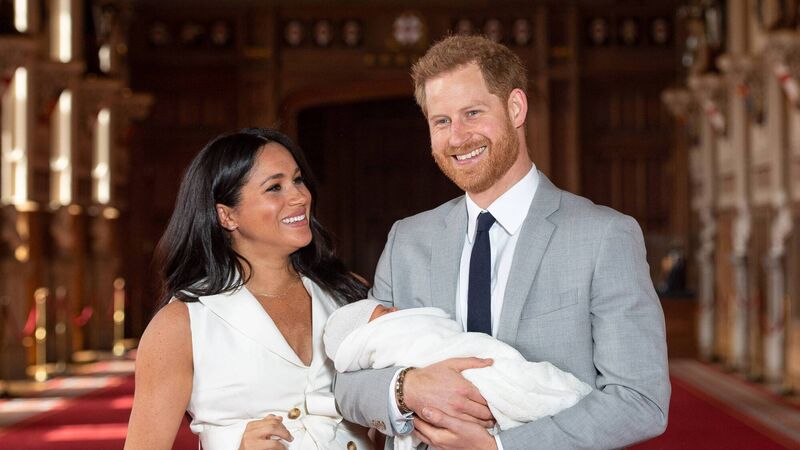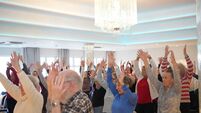Ways to help cope with pregnancy after a miscarriage

The Duke and Duchess of Sussex with their baby son Archie Mountbatten-Windsor in 2019. Meghan has opened up about suffering a miscarriage.
THE Duke and Duchess of Sussex, better known as Prince Harry and Meghan, have announced they are expecting their second child.
In a black and white shot taken remotely by photographer Misan Harriman, the couple are pictured under a tree in Los Angeles and Meghan is cradling her bump.
A spokesperson for Meghan and Harry said: “We can confirm that Archie is going to be a big brother. The Duke and Duchess of Sussex are overjoyed to be expecting their second child.”

In 2020 Meghan suffered a miscarriage, and opened up about her experiences in . In a piece entitled ‘The Losses We Share’ she wrote: “I knew, as I clutched my firstborn child, that I was losing my second.
“Hours later, I lay in a hospital bed, holding my husband’s hand. I felt the clamminess of his palm and kissed his knuckles, wet from both our tears. Staring at the cold white walls, my eyes glazed over. I tried to imagine how we’d heal.”
Miscarriages are more common than many of us realise, with about one in eight known pregnancies ending in miscarriage.
Sophie King, midwife at pregnancy and miscarriage charity Tommy’s (tommys.org), says celebrating a new pregnancy might feel “bittersweet” for Harry and Meghan, as it can bring back memories of their previous loss.
Children born after miscarriage, stillbirth, or neonatal death are often called ‘rainbow babies’ - representative of a rainbow after a storm, but King says it’s important to recognise what you went through before.
Anyone who is pregnant after suffering a miscarriage will have a different experience, but these are some ways you can help ease potential feelings of anxiety...
“Grappling with these issues can feel very lonely, but networks like Tommy’s Parenting After Loss Support Group on Facebook can help families connect and cope,” says King.
When you’re newly pregnant, you might feel nervous about suffering another miscarriage. King recommends touching base with your doctor, saying: “Healthcare professionals also offer support throughout the journey, such as extra scans for reassurance during pregnancy or talking therapy if parents are struggling at any point.”
Tommy’s says recurrent miscarriages are ‘very rare’, affecting 1% of people trying to conceive.
“We’re all different, so the only advice that will apply to everyone is to focus on your physical and mental health, doing things you enjoy or find relaxing, says King. “Grief, pregnancy and parenting are all very tiring, so take it a day at a time and be kind to yourself.”
“Talk to someone you’re close to, or release emotions into a journal, but don’t keep things in - asking for help is a sign of strength, not weakness, so reach out for support if you need it,” advises King.







 App?
App?


